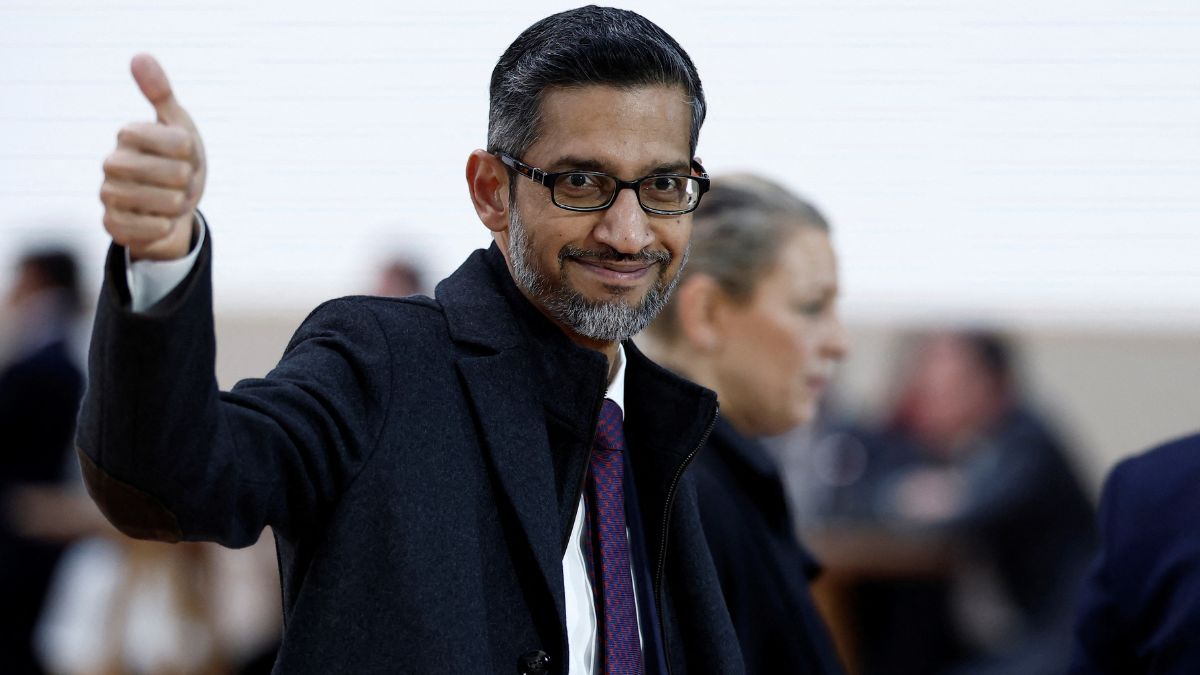)
Google boss Sundar Pichai has cautioned that the global boom in artificial intelligence is going too fast, saying there is clearly “irrationality” in the current AI boom, even as companies are investing billions in the technology.
Sundar Pichai, CEO of Google’s parent company Alphabet, has admitted that there is some “irrationality” in the ongoing artificial intelligence (AI) boom. As companies around the world race to adopt AI to cut costs and boost profits, Google – with big investments in its Gemini chatbot and AI chips – has spent billions of dollars advancing the technology, along with rivals like OpenAI and Microsoft.
Under Pichai’s leadership, Alphabet’s market value has doubled over the past seven months to $3.5 trillion, driven largely by the AI wave. But experts warn that such huge valuations could be the result of complex “financial engineering,” raising concerns about a budding AI bubble.
Asked whether Google could face a bursting of the AI bubble, Pichai warned: “I think no company, including us, will be immune.”
He said: “We can look back at the Internet now. There was obviously a lot of investment, but none of us would question whether the Internet was deep.”
“I expect AI to be the same way. So I think it’s both rational and there are elements of irrationality in a moment like this.”
A bubble refers to a market phase in which speculation drives asset prices far above their true value – an unsustainable rise that eventually collapses. The most prominent example is the dot-com crash of 2000, when inflated valuations of Internet companies suddenly collapsed.
Tech leaders express concern
Pichai is not alone in flagging the risks. At OpenAI’s Devde last month, CEO Sam Altman said that parts of the AI ecosystem were “a little flaky.”
Altman said, “I know it’s tempting to write a bubble story… There are many parts of AI that I think are bubbly right now.”
Amazon founder Jeff Bezos has also talked about an “industrial bubble”, noting that AI could reshape every industry, adding that this type of bubble is different from a financial bubble.
“This is a kind of industrial bubble as opposed to a financial bubble,” Bezos said. He pointed out that industrial bubbles could still deliver long-term benefits.
“The banking bubble… it’s absolutely bad, it’s like 2008. Those are the bubbles society wants to escape. The industrial bubbles that we have are not that bad… When the dust settles and you look at who the winners are, society benefits from those inventions.”
end of article

)
)
)
)